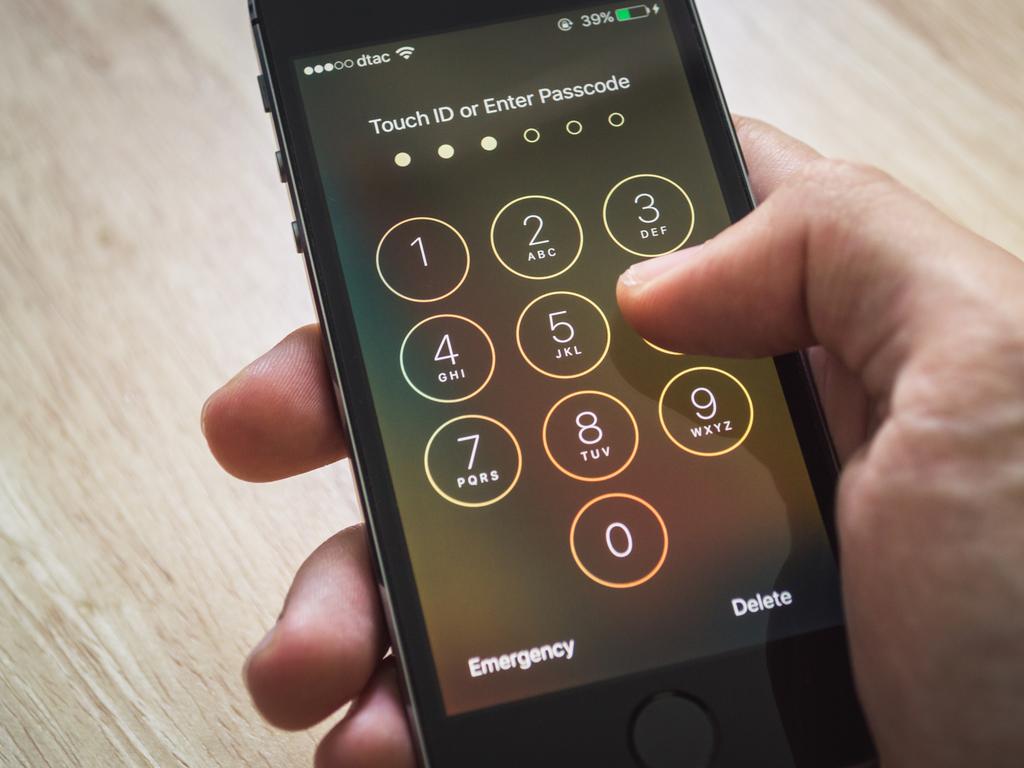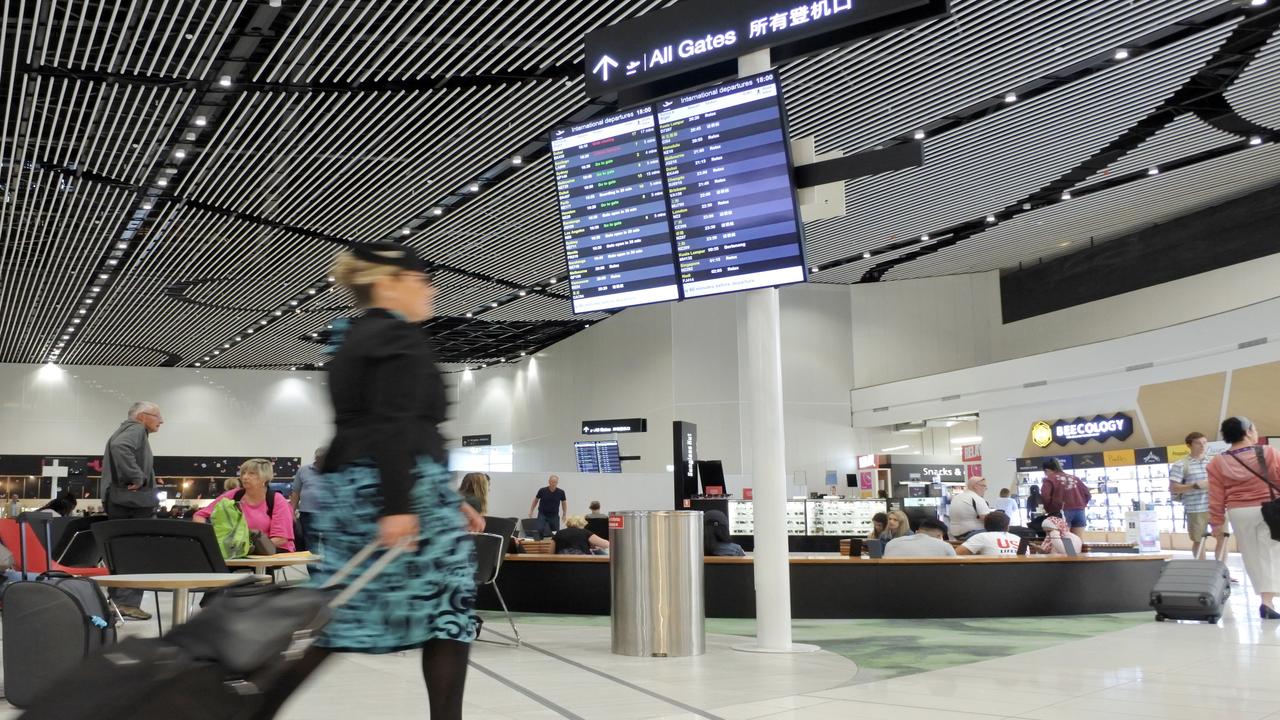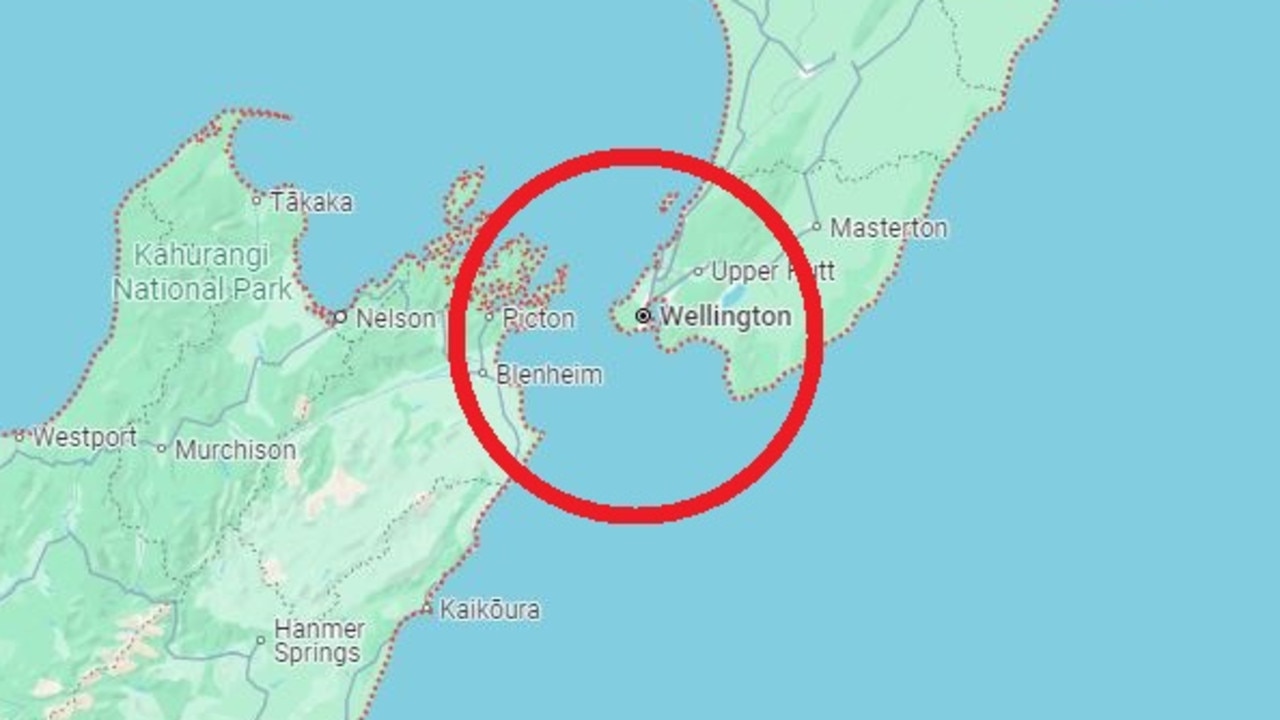NZ to fine travellers who refuse to hand over phone passwords at border
FROM this week, New Zealand’s customs officials are enforcing a tough new rule at airports that has passengers vowing never to visit.

OUTRAGED travellers have vowed to avoid New Zealand after it became the first country to fine passengers who refuse to hand over their phone passwords at the border.
New Zealand’s Customs and Excise Act 2018, which comes into effect this week, allows customs officials to demand passwords, PINs and encryption keys to unlock devices for “digital strip searches”.
Travellers who refuse to hand over the passwords will be charged up to $NZ5000 ($A4580) and could face having their device confiscated as well as prosecution.
Previously, customs officials could stop anyone at the border and demand to see their devices but until now, the law didn’t compel travellers to provide their password as well.
“We’re not aware of any other country that has legislated for the potential of a penalty to be applied if people do not divulge their passwords,” New Zealand customs spokesman Terry Brown said.

But customs officials won’t be able to access the Cloud, he said.
“It is a file-by-file (search) on your phone. We’re not going into ‘the Cloud’,” Mr Brown told NZTV.
“We’ll examine your phone while it’s on flight mode.”
Officials must have a “reasonable cause to suspect” a device or its owner to warrant the digital search and data may be copied and reviewed.
Last year, New Zealand border officials carried out 537 preliminary searches of devices.
“The shift from paper-based systems to electronic systems has meant that the majority of prohibited material and documents are now stored electronically,” a New Zealand Customs spokeswoman said.

But the rule change has been slammed by civil liberties advocates and travellers.
The New Zealand Council for Civil Liberties said it was a “grave invasion of personal privacy of both the person who owns the device and the people they have communicated with”.
“Modern smartphones contain a large amount of highly sensitive private information including emails, letters, medical records, personal photos, and very personal photos,” chairman Thomas Beagle said in a statement.
“The reality of this law is that it gives Customs the power to take and force the unlock of people’s smartphones without justification or appeal — and this is exactly what Customs has always wanted.”
Travellers have also taken to social media to express their outrage at the news.
Well won’t be going to New Zealand now.
— Dewayne Smith (@Dtrain1972) October 3, 2018
Why should I travel there? There are over 190 countries to go to and they won’t need to check my cellphone. Or I could just travel around US states.
— Latim Latim (@LatimLatim1) October 3, 2018
That goes too far.
— Michelle (@michLondon225) October 3, 2018
This is yet another gross invasion of privacy amid further degradation of our rights and civil liberties by increasingly authoritarian governments - in an age of mass surveillance, in the name of national security and counter-terrorism. #tech #NewZealand #AI #auspol https://t.co/YpB5U10h0M
— Ayrton Evans (@AyrtonEvans_) October 3, 2018
Great, we keep giving up out freedom in exchange of a false sense of security.
— Zolra'ak (@UrmanioGeek) October 3, 2018
Slippery slope, New Zealand!
— Collins Rex (@QueenRex) October 2, 2018
“Wow, taking New Zealand from my bucket list,” one person tweeted.
“What about those who have confidential information on their devices? New Zealand is trash,” another person tweeted.
Someone else pointed out: “So now, you and I need to hand over all our data, while professional or suitably motivated wrongdoers can just upload all stuff to the Cloud and buy a new phone after crossing the border. Am I the only one seeing the police state in this? Not travelling to NZ soon.”
But others were quick to remind people the average traveller may not be affected.
“(It’s) people being detained/searched on suspicious activity. Its not the average traveller,” another person said on Twitter.
“If they then refuse to give the PIN to a device which is believed to have helped in dodgy behaviour they will be fined. They still are able to say no, they just pay the fine.”




